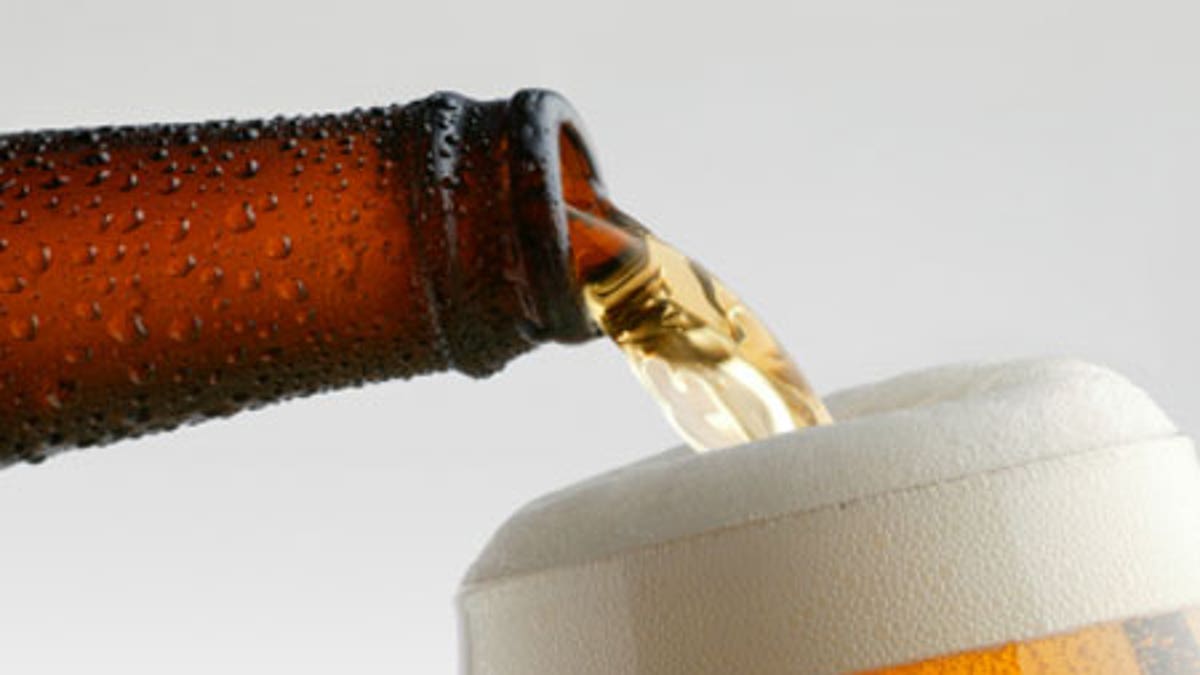
Some parents think that giving their kids a sip of wine at dinner and a taste of beer at a barbecue will make them less likely to want to drink to rebel, and therefore, make them more responsible drinkers. But new research is showing that being lenient about alcohol may have the opposite effect.
A study from the Netherlands found that a laid back attitude from parents can lead to drinking issues in their teens, whereas strict parental rules about drinking can curb adolescent impulses to drink.
The issue of how to prevent drinking in teenagers is critical. One study found that by the age of 15, about 34 percent of boys and 24 percent of girls drank alcohol on a weekly basis. Other studies have shown drinking at a young age is more likely to set a person up for a drinking disorder later in life.
Whether or not a teenager drinks has to do with a balance between what’s called approach tendencies (the impulse to reach for a drink), and reflective processes (those rational thoughts that tell you maybe now’s not a good time for a drink or maybe you’ve had enough).
Adolescents, with their partially-matured brains, are more swayed by impulses than rational thoughts, which is why they’re more likely to engage in reckless behavior.
The study, published in the journal Alcoholism: Clinical & Experimental Research, explored the role parents play in affecting the balance between impulse and reasoning. They found that if parents set strict rules regarding their children’s alcohol use, adolescents could inhibit their impulses or approach tendencies. This was particularly true for boys.
“Conversely, permissive parenting seems to exacerbate the link between approach tendencies and alcohol use for adolescent males," said Sara Pieters, the study’s lead author.
The rules outlined when and where the teens were allowed to drink (in the home, outside the home), how much they were allowed to drink, whether parents needed to be present or not, and whether they could come home drunk.
The study supports past research, which has shown that stricter parental rules may prevent adolescents from starting or escalating alcohol use. This study took the research a step further and found that strict rule-setting and enforcement can actually reduce the impulsiveness in kids.
Pieters speculated that young adolescents may internalize parental rules in such a way that approach tendencies can be more successfully inhibited. Plus, once someone starts to drink, it can chip away at reflective thinking and make cues to drink more enticing.
"With repeated alcohol use, cues that are previously associated with alcohol use – such as the sight of a beer bottle – become increasingly important," said Pieters. Strict rules may be particularly important for teens at risk of developing alcohol-related problems because of family history or personal behavioral traits.
